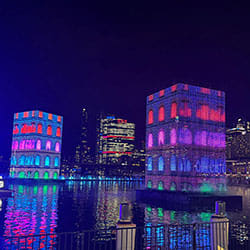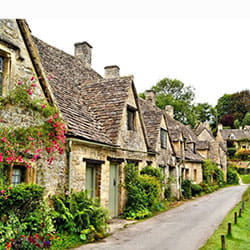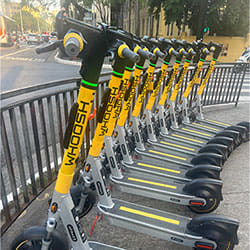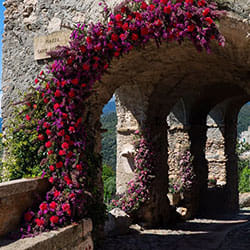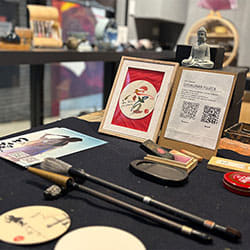But also the Brazilians would like to think that…or perhaps the French.
Truth is that towards the end of the 13th century we can read news about the presence of a ball game from the British Isles very similar to modern football.

Football was invented in ENGLAND!!!!
A century later, because of its apparent violent nature, the game was regulated but then forbidden.
It seems in fact that in 1314 King Edward II forbade the practice of gambling in London and in public places and the game – which involved betting with money - was definitively banned.
Prohibited in England, it had then spread to neighbouring territories and especially to Scotland and France.
It was apparently reintroduced to England once again in the 17th century by Giacomo Stuart.
It became a game with a ball practiced especially by young people attending English colleges and universities, where classes competed against one another.
The teams were always composed of ten students each, and to these was added the teacher, in the role of the goalkeeper.
This explains the reason for the number of players in the field in contemporary football and the role of the captain, evolution of the figure of the teacher.
During the 17th century, the first written rules of the game were introduced and the ancestor of both modern football and rugby was born.
This new revolutionised game which saw two teams of eleven or twenty-two players face each other included both the use of feet and hands.
But, in 1820, there was confusion between one type of game and another, whose obvious differences later gave rise to a separation and the birth of the Rugby Union, in 1846 and in 1857, the first football club in the world was founded, the Sheffield Football Club, which played its first game at Parkfield House.
Two years later the penalty kick was added to the rules and football was then consecrated as a national sport and social phenomenon, capable of involving thousands of spectators and crowding stadiums.
The passion of the students was added to that of the entrepreneurs and the middle classes and the white-collar workers alike approached football, while the world of liberal professions had remained less enthusiastic, more keen to follow rugby or other sports.
Despite this, football was on the rise throughout the kingdom, ready to cross national borders and spread throughout Europe as it did.
Today, the English are famous for their innate passion for football.
This, in fact, is one of the most appreciated sports of the United Kingdom and followed by hardcore and sometimes turbulent fans.
English football includes great talents of undoubted excellence and fame who have contributed to English football history and have become international stars.
According to a recent study, English football is the most profitable, with revenues just under three billion dollars a year.
The British, who are keen to remember how football, the ‘beautiful game’, is their invention, are very proud of this sport and have made it a real export product.
The Premier League is undeniably the first-class of the English championship par excellence, followed by millions of people around the world, and broadcasted in over 200 countries.
With sky-high salaries for the most sought-after players and managers, and also with the prices of season tickets and single match soaring, nonetheless this sport remains a favourite in England and no other sport triggers the same passion – and rage at times – as football in people.
London hosts several football teams in different categories.
In the Premier League alone, the highest category in the English football federation, the city boasts as many as six football teams: the Arsenal, the Fulham, the Tottenham Hotspur, the Crystal Palace, the West Ham United and the Chelsea, all from different neighbourhoods in London.













